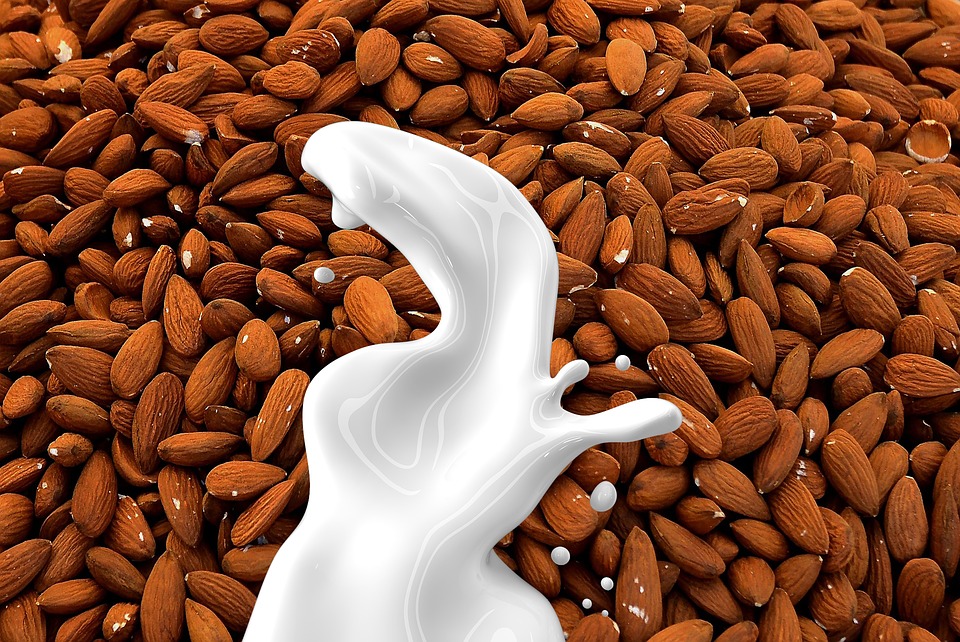With consumers becoming more interested in plant-based products, the dairy industry is set to take a turn in 2018. According to market research organization, Packaged Facts, the market for dairy and dairy-alternative beverages will reach a projected $28 billion by 2021. Leading those sales at 40 percent of the combined total are plant-based dairy alternatives. Food manufacturers are now producing new and unique varieties of dairy-free alternatives to appeal to the rising market.
In 2016, dairy alternative beverages accounted for $6 billion in retail sales alone. The shift away from animal-based dairy products comes from changing consumer perception on animal-based foods. Plant-based products are considered healthier than animal-based ones and animal welfare concerns are also fueling the rise of plant-based foods.
“Vegetarians and vegans together account for less than 15% of all consumers, and their numbers do not grow very rapidly, but a growing number of consumers identify themselves as flexitarian or lessitarian, meaning that they’ve cut back on their consumption of animal-based foods and beverages,” said David Sprinkle, research director for Packaged Facts. “It is this group that is most responsible for the significant and ongoing shift from dairy milk to plant-based milk.”
During the past few years, new dairy-alternatives have been introduced to the market beyond regular almond, coconut and soy options. New offerings include cashew, hazelnut, cassava and even potato milk varieties. These innovative products are expected to find a wider audience in 2018, according Packaged Facts.
The market research company identified five varieties of dairy-alternatives for food companies to watch for in the new year:
1) Barely Milk
Canvas, a start-up company, has developed a process for converting unused barely from the beer brewing process into a plant-based beverage. The milk appeals to consumers that are concerned about food waste and sustainably. The product is also free of refined sugar, dairy or artificial ingredients. Canvas offers five varieties: original, cold brew latte, cocoa, turmeric chai and matcha.
2) Flax Milk
Good Karma is a company that produces flax milk products. Flax milk is high in omega–3 fatty acids which is appealing to health-conscious consumers, according to Packaged Facts. The company produces a variety of sweetened or unsweetened milk products and claims that one serving of its flax milk contains 1,200 mg of omega-3 fatty acids. Good Karma also offers drinkable flax-based yogurts and egg-nogs and their products are free of all major allergens.
3) Hemp Milk
With only one percent of the American market trying a food or beverage made with hemp, Packaged Facts expects this category to have “potential for rapid growth.” As consumers seek new varieties of plant-based beverages, hemp milk proves to be a strong competitor with its nutritional benefits. Hemp is packed with omega-3 fatty acids, plant-based protein and ten essential amino acids.
4) Pea Milk
Packaged Facts predicts this product to be a “hit” with consumers because of pea milk’s nutritional properties. Ripple, a pea milk brand, says one serving of its product contains eight grams of protein, the same as cow’s milk, compared to one gram of protein per serving of almond or coconut milk. Ripple would also appeal to consumers’ interested in reducing sugar consumption because it has half the sugar of cow’s milk and contains 50 percent more calcium, vitamin D and iron. Ripple’s pea milk comes in five varieties: original, chocolate, vanilla, unsweetened original and unsweetened vanilla.
5) Quinoa Milk
Quinoa is a familiar ingredient in the food industry, made popular because of its health benefits for consumers. However, it has yet to penetrate the beverage segment. According to Packaged Facts, quinoa milk has the potential to be a strong competitor in the plant-based beverage market. It contains minerals such as magnesium, iron, copper, manganese, zinc and phosphorus. It’s also high in protein, fiber, vitamins and nine essential amino acids.
These top dairy alternatives are unique, yet similar in their nutritional benefits. The increasing availability of these products is confirming the changing consumer demand for more nutritional plant-based products.












Join or login to leave a comment
JOIN LOGIN